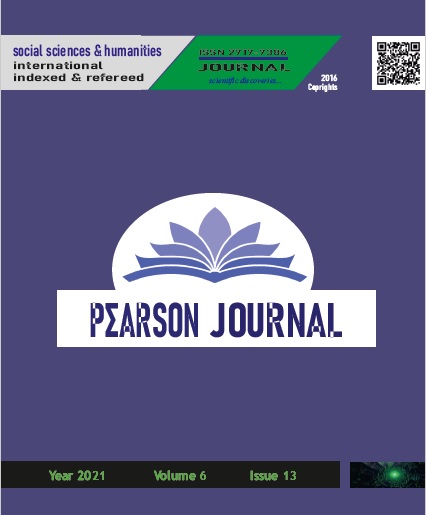THE IMPACT OF AIR CARGO FREIGHT TRAFFIC ON GREENHOUSE GAS EMISSIONS: TURKEY APPLICATION
DOI:
https://doi.org/10.46872/pj.277Keywords:
Air Cargo, Greenhouse Gas Emission, CointegrationAbstract
With the globalization policies implemented after 1980, the importance of international trade has increased. Competition between companies is now made on an international scale. With the increase in foreign trade, the sectors related to the transportation of goods subject to foreign trade are also growing rapidly. The growth in the air cargo sector in recent years has also been remarkable. Technological developments and the increasing importance of speed in international trade rush up the growth of the sector. Especially when tackled on the basis of the value of transported cargo, the growth in the air cargo sector becomes more evident. Developments in the air cargo sector bring along discussions about the sector's greenhouse gas emissions. The problem of climate change caused by the increase in greenhouse gas emissions has now become an international issue and all countries have attempted to find a common solution to this issue. Turkey's economy, integrated into the globalization process, with decisions of January 24 and adopted a growth model based on exports as a growth model. In this context air cargo sector, also it is of great importance for Turkey. The purpose of this study is to the impact on greenhouse gas emissions of air cargo traffic in Turkey is to investigate. In the study, cointegration tests were carried out both without and under structural breaks, the validity of the analysis has also been verified by the error correction model. As a result of the analysis, a positive and significant cointegration relationship was found between air cargo freight traffic and greenhouse gas emission series. Testing of the model with the error correction model was also made. It has demonstrated the importance for Turkey's economy of the air cargo sector, efforts were made to offer optimal solutions for both the balanced growth of the sector and the reduction of greenhouse gas emissions. In addition, by discussing the measures that can be taken regarding the sustainability of the growth in the sector, it is aimed to create a basis for the studies to be carried out on this subject.




